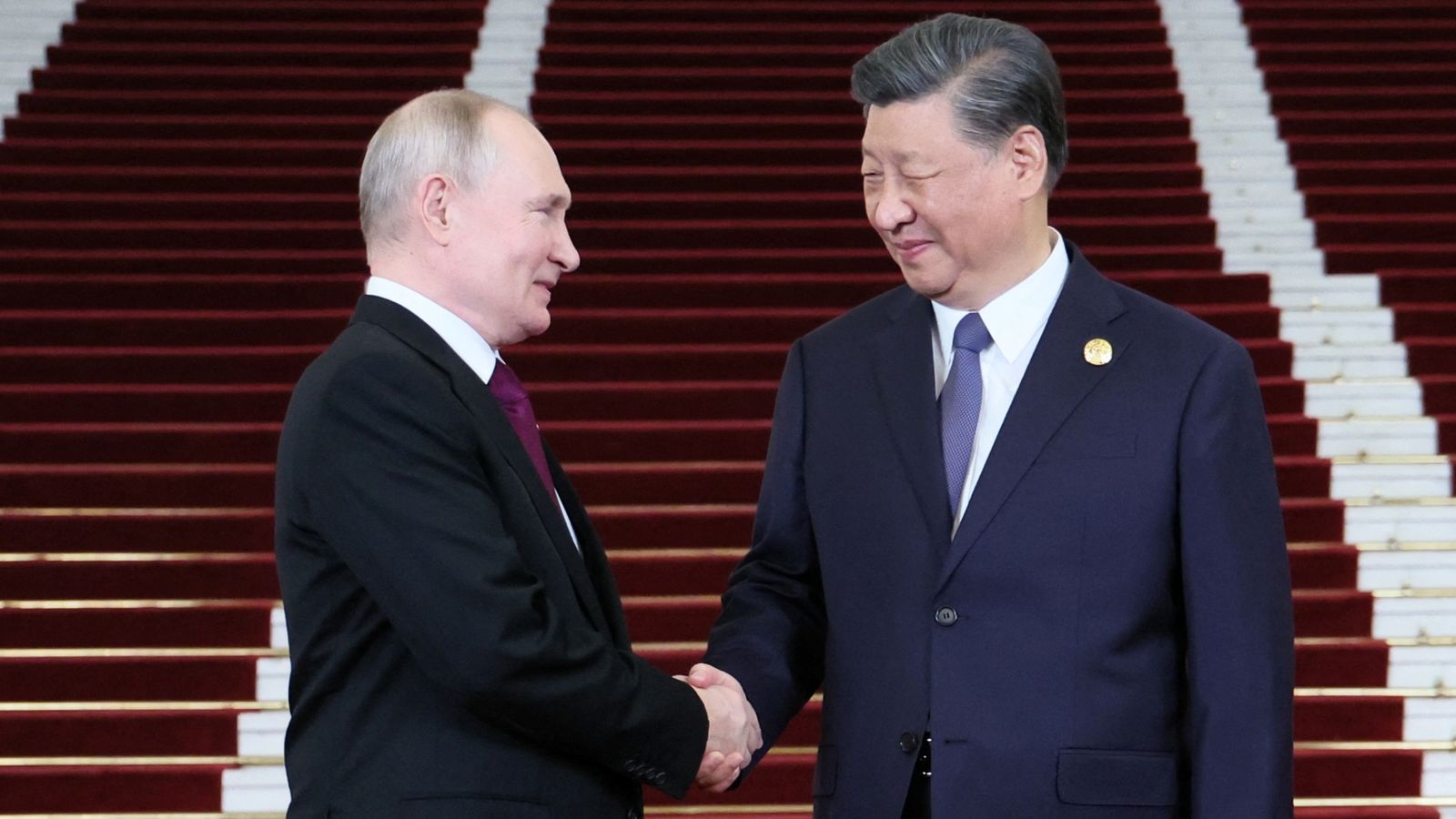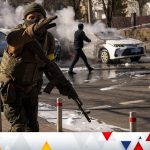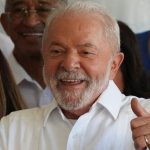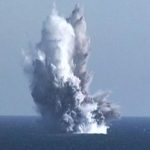The crisis in the Middle East means that President Xi Jinping’s Belt and Road Forum is not getting as much international attention as it might have, but it is nonetheless significant.
Delegations from over 140 countries and 23 heads of state are in Beijing to mark ten years of China’s flagship infrastructure investment project.
But their presence also helps China to broadcast its central message: that it is a new type of global leader, able to convene nations and support global growth, and is a far better alternative to the offering from the West.
The spread of influence was always an underlying hope of the Belt and Road Initiative, but the recent hardening of lines between China and the West makes it a more potent message now.
It’s a hardening of lines that’s also meant there are fewer heads of state here than when this forum was last held in 2019; notably absent are leaders from Europe – with the exception of Hungary’s far-right leader Viktor Orban.
And it is the presence of the undisputed guest of honour that likely contributed to those absences; Russia’s Vladimir Putin.
In fact, the symbolism here could not have been clearer: in China’s pitch to the world, Russia is right there beside it.
Read more:
Alternative worldview shapes China’s take on Israel-Hamas war
China appears to censor image of athletes embracing
What is the Belt and Road Initiative?
Be the first to get Breaking News
Install the Sky News app for free
It was Putin who walked by Xi’s side as he led heads of state to the banquet last night, Putin who spoke second at the opening ceremony, Putin who shared lunch with President Xi today.
And it was Putin who insinuated that the two countries should stick together “in the current difficult conditions” when it comes to foreign policy.
Given what is currently unfolding in the Middle East, that statement comes loaded with meaning.
Neither leader has directly referenced that crisis today, but they have made abundantly clear they will likely stick together.






















